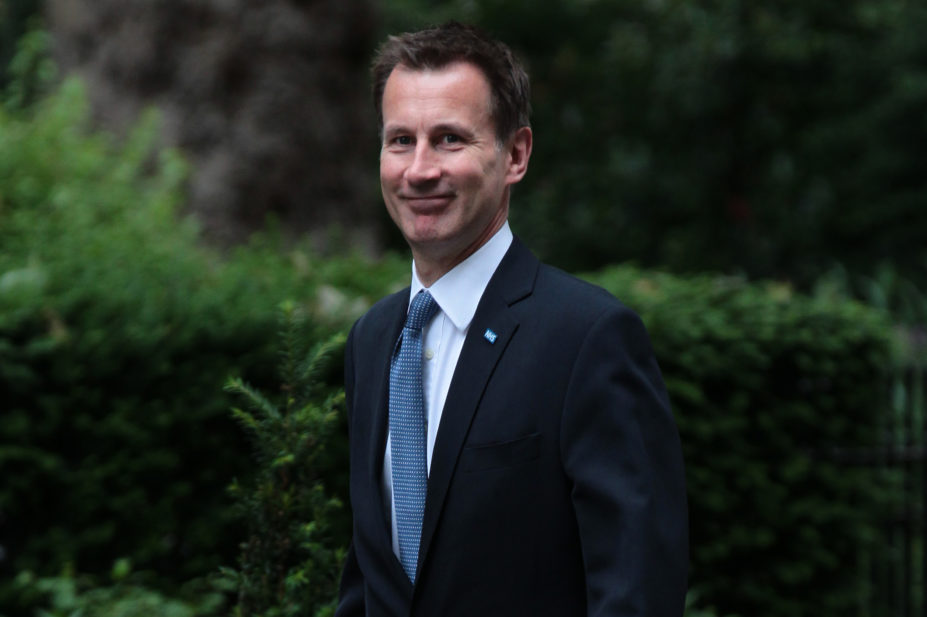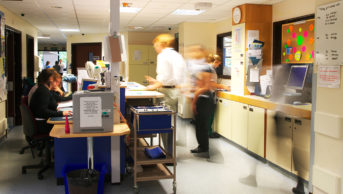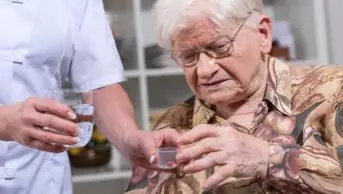
Shutterstock.com
A new government initiative to reduce medication and prescribing errors in England is due to be launched “in the next few months”, health secretary Jeremy Hunt has announced.
Proposals being worked on include supporting pharmacies in acute hospitals to provide a 24/7 service, using electronic prescribing to improve medicines safety and reduce prescribing errors, looking at the role of GPs and prescribing in care homes, and developing new ways to educate patients about how to take their medicines more safely.
The initiative will also focus on improving the sharing of medicines information when patients are moved between care or health settings. Hunt said: “As we know these transition points can be times when things go wrong.”
He added: “By giving this issue more profile now we can do much more to create a proactive, safety-centred culture around medication, rather than simply slamming stable doors shut after the horse has bolted.”
Hunt said the potential for medication error in the NHS was ‘huge’ as 147 prescriptions are generated in the NHS every second from a “menu” of 30,000 drugs and treatments.
He said studies suggested that one in 12 prescriptions include an error in dose level, length of course or medication type.
While most of these errors are harmless some can have a “significant impact” – between 5 and 8% of hospital admissions are “medication related”, he said.
The initiative, due to be launched either by the end of 2017 or in the New Year, is a move by the government to meet the World Health Organisation’s global patient safety challenge. An expert group to determine the scope of the programme is currently being established.
The announcement was welcomed by senior clinical pharmacist Steve Williams who is medication safety spokesman for the Royal Pharmaceutical Society.
Williams said: “The NHS has, arguably, never taken medicines seriously enough so this new initiative is great news for both patients and pharmacy.
“The practical opportunities to improve medication safety exist across all sectors but will be unsuccessful unless pharmacists step up and join the constructive debate called for by Jeremy Hunt
“Pharmacy should also note however that they cannot afford to do things in splendid isolation and I would urge them to work positively with doctors, nurses and quality teams in their areas to prevent avoidable harm due to medicines for thousands of patients.”
Duncan Rudkin, chief executive of the pharmacy regulator the General Pharmaceutical Council, said the role pharmacists and technicians already play in medicines safety was “vital” and helped reduce risk, including risks around prescribing.
He added: “We look forward to learning more about NHS England’s plans and how our work with the pharmacy professions and other regulators can complement this important initiative.”


